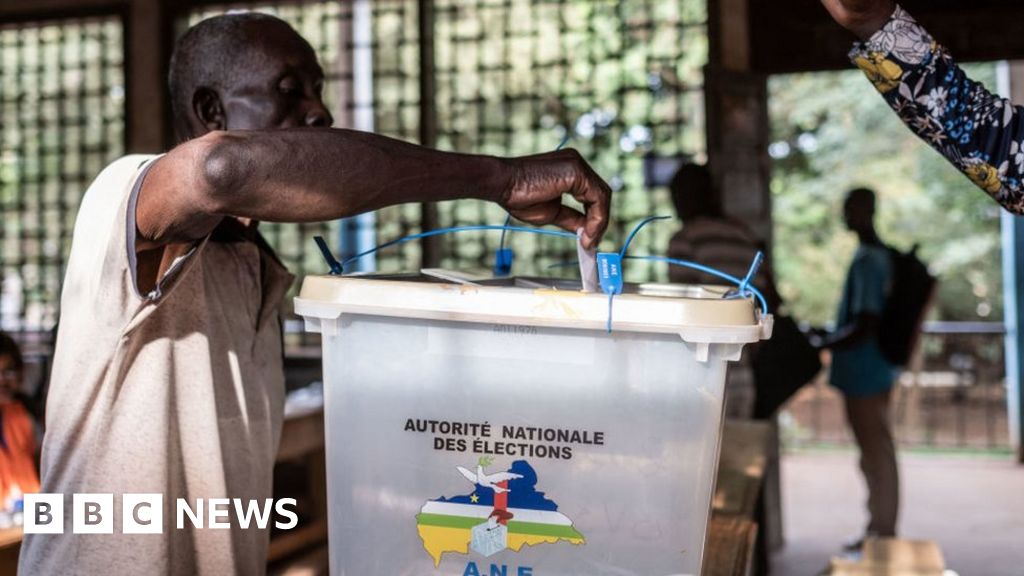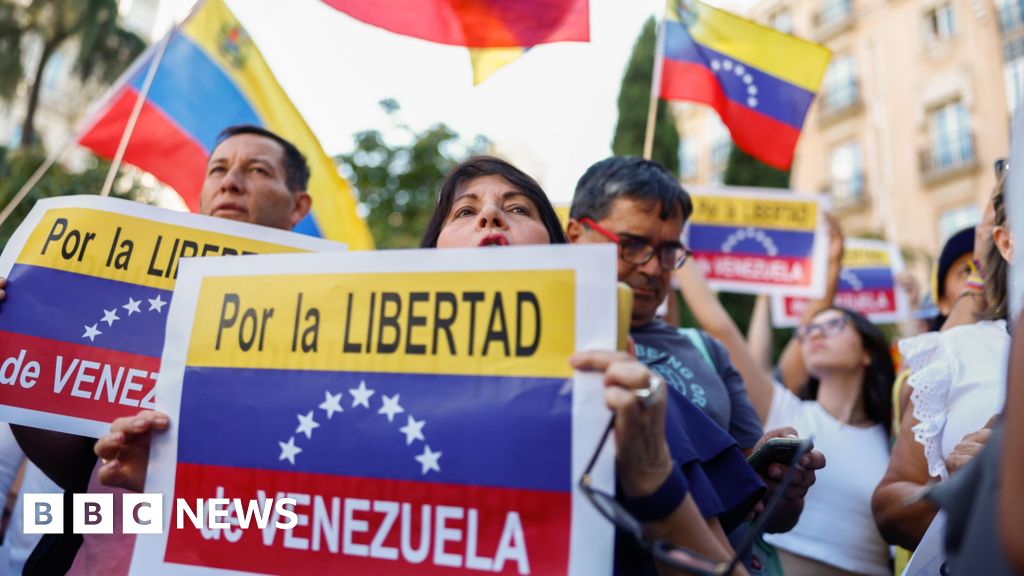By Xinhua writers Yan Jie, Mao Pengfei and Cai Shuya
SINGAPORE, June 4 (Xinhua) --
America has found it more difficult than ever to cover up its hidden agenda when peddling the so-called "Indo-Pacific strategy" to Asia-Pacific countries at the just-concluded 20th Shangri-La Dialogue.
While making high-sounding claims about "promoting peace, prosperity and progress in the Asia-Pacific through the power of partnership," the United States is virtually stoking division, instigating confrontation and undermining peace in the region.
"American leadership" is in fact American hegemony in disguise.
Essentially, "American leadership" is dominated by a Cold War mentality and an "America First" doctrine regardless of the interests of its allies, mainly in the form of "coercive diplomacy."
In terms of politics and the military, it has never stopped forming blocs by coercing others into taking sides, pushing for a military arms race among Asia-Pacific countries to benefit only itself.
Economically, it has repeatedly used the U.S. dollar's global supremacy to export its own crises to emerging markets and developing countries in the region, letting the latter bear the brunt.
Moreover, to blunt China's influence in the region, the United States and its allies have been stepping up efforts to exploit the concept of "national security", aiming to weaken China's connections with non-aligned emerging economies.
Indeed, we could not agree more with U.S. Defense Secretary Lloyd Austin's saying in his speech during the event that "this region's security and prosperity cannot be taken for granted." Ironically, the security and prosperity of the Asia-Pacific are put under threat by the United States itself.
Washington's actions in the region do not match its words. On the one hand, the United States has anchored its "Indo-Pacific strategy" in openness and respect for sovereignty. On the other hand, it rushed to muster Cold-War style groupings such as the AUKUS deal and Quad alliance.
Take the Taiwan question, which is at the very heart of China's core interests and the first red line that must not be crossed in China-U.S. relations. On various occasions, U.S. President Joe Biden and many other senior officials of his administration have publicly pledged to stay committed to the one-China policy and not to support "Taiwan independence."
But Washington is bent on stirring up tensions across the Taiwan Straits, not least by sending warships and fighter jets, boosting arms sales, ganging up with other countries to intervene in the Taiwan issue, strengthening the so-called "official exchanges" and, most recently, sailing through the Straits.
These deliberate provocations are turning the region into a dangerous flashpoint.
The U.S. and "Taiwan independence" separatists relying on external forces are indeed the real factors that exacerbate tensions and cause changes in the status quo.
Meanwhile, in the South China Sea, the United States has been sending warships and military aircraft, as well as intensifying its military presence, stoking tensions in the region.
Beijing, as always, values the development of China-U.S. military relations, and military exchanges between the two sides have not been interrupted. But if the United States appeals for communication while undermining China's interests, and calls for crisis management while continuing its provocations, any talk for the sake of talk is of little use for bilateral relations.
Peace and development have become the most valuable global public goods. The Asia-Pacific has broken through havoc caused by war and financial chaos, and achieved development in recent decades.
As such, when the world is facing multiple crises rarely seen in history, people in the region understand well that a path of peaceful development, featuring solidarity and win-win cooperation, fits the interests of all.
Anna Malindog-Uy, vice president of the Manila-based think tank Asian Century Philippines Strategic Institute, pointed out that Asia-Pacific countries can promote peace and security in their own way, especially "in resolving conflicts of interest and differences."
Unlike the "Indo-Pacific strategy" full of geopolitical calculations, the China-proposed Global Security Initiative calls for a common, comprehensive, cooperative and sustainable security, where no country can strengthen its own security at the expense of others.
Clearly, the Asia-Pacific cannot afford to lose peace and development to geopolitical competition or bloc confrontation. Stuck in a hegemonic mentality, the "Indo-Pacific strategy" featuring confrontation over dialogue, alliances over partnerships, and zero-sum over win-win is doomed to fail.
The United States is virtually stoking division, instigating confrontation and undermining peace in the region.




































































































































































































































































































